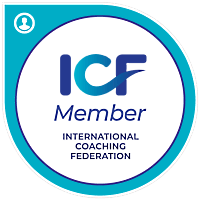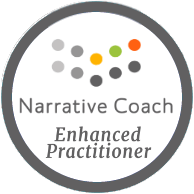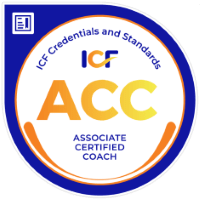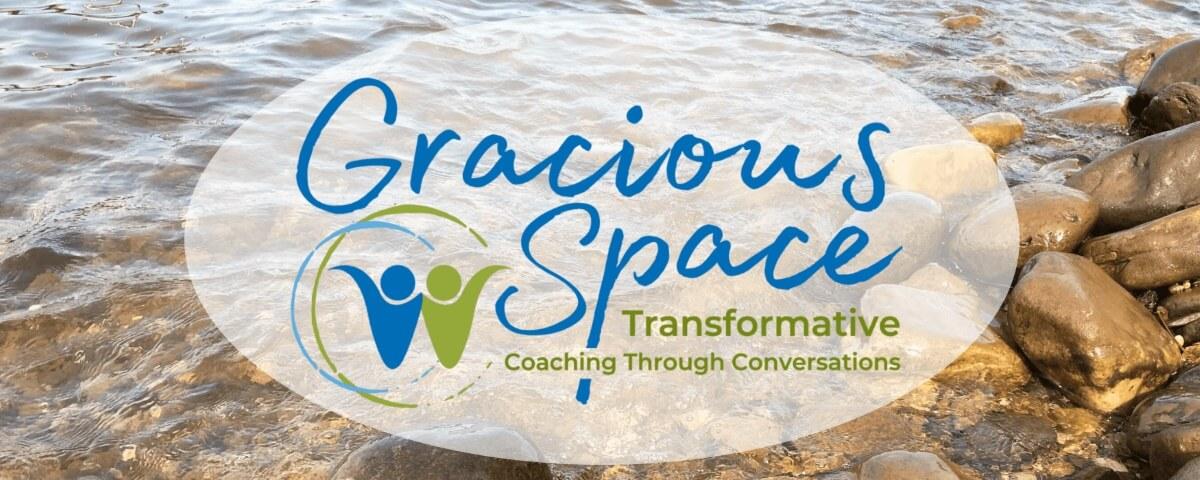



ICF defines coaching as, “partnering with clients in a thought-provoking and creative process that inspires them to maximize their personal and professional potential. The process of coaching often unlocks previously untapped sources of imagination, productivity, and leadership.
We all have goals we want to reach; challenges we’re striving to overcome and times when we feel stuck. Partnering with a coach can change your life, setting you on a path to greater personal and professional fulfillment.”
As a certified member of ICF, I abide by the ethical and core competencies as defined by this global organization.
I trained to be a certified coach because I believe in the potential of the human person. Our world is busy and distracting. We find ourselves consistently attached to the screens of technology, texting, instant messaging, and Facebook. Professionally we go to LinkedIn to connect with other professionals with hopes of advancing our careers. Do you ever want to say, STOP? My brain feels overstimulated with all the sensory and thought messages coming at me. One of the ways I balance input from the outside is to pause, breathe, and listen to the silence.
One of the gifts of coaching that I have learned is this power of silence. Mystics of the past have read and spoken about silence. According to St. John of the Cross, God speaks in silence. The challenge for us is to learn how to speak his language. Rumi, a Persian poet of the 13th century, wrote “Silence is the language of God, all else is pure translation.” What I am trying to convey can be summarized by the French philosopher, Teilhard de Chardin: “We are not human beings on a spiritual journey. We are spiritual beings on a human journey.” So, what does this have to do with coaching?
I find that in the silence, you find your voice. When telling a story, the other person listens. There is a message in the story being told as simple as the story might be. In coaching, the client is the storyteller and the coach; through the process of questions, helps the client unfold aspects of the story that is getting in the way of transitions and desired changes.
David Drake, in his book Narrative Coaching, indicates that as a coach “I see the world through their eyes, not through mine. It is their understanding, not mine, that matters most in coaching. I am there to be their witness and not solve their problems.” This is the style of coaching that I embrace and employ professionally.
Here are just few of the testimonials I have received from my clients:
"Sharon's questions urge you to open up, share, learn, and discover who you really are."
"The sessions with Sharon were very valuable. She helped me look at things from a different perspective."
